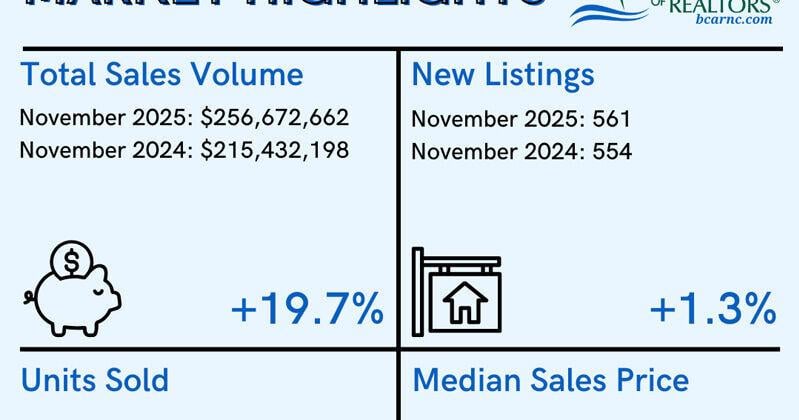L
ast month, Kathy Bennett's open house for 23 Downing Road in Peabody drew up to 40 sets of buyers, all vying for the $760,000 three-bedroom, two-bathroom ranch-style home. The property had been entirely redesigned with high-end amenities like a state-of-the-art primary bathroom and a hot tub and bocce court in the backyard. Despite the seller's agent politely declining an offer from another agent who asked to cancel the open house if they came with an early bid, the winning buyers weren't the ones who made the initial cash offer of $500,000.
Instead, the accepted offer came from a buyer who had already gone through underwriting and included an escalation clause that would automatically top the highest bid. They also had flexibility in their moving schedule, which accommodated the seller's needs. "It's the terms of the contract that are just as important as the dollar amount," Bennett said.
In a market where cash is king, many aspiring homeowners can't come up with enough cash to avoid mortgaging a property. Sarah Maguire, managing director of the Aranson Maguire Group at Compass, notes that not everyone has a million dollars in cash or rich parents willing to lend it. As a result, agents are getting creative to help their buyers compete.
In suburban markets where inventory is thin, Maguire uses tactics like working with lenders that offer special programs, such as Leader Bank's Purchase Pass and Guaranteed Rate's PowerBid Approval, which provide fully underwritten commitments that allow buyers to waive their financing contingency. She also offers free lease-backs, allowing sellers to stay in their property for up to two months after closing.
Jason Niles, a realtor with Coldwell Banker Realty-Cambridge, uses appraisal gap coverage and pre-home inspections to help his clients compete. Appraisal gap coverage puts a clause in the contract that explains the buyer is willing to pay the difference between the appraised value of the property and the purchase price. Pre-home inspections allow buyers to assess a property's condition before an offer has been accepted, giving them leverage to waive the home inspection or negotiate repairs.
While competition is fierce, Bennett cautions sellers not to get too big for their britches. She notes that properties often come back on the market due to financing issues or problems during inspection. "Your house is worth what a buyer is willing to pay," she says. "The sellers and agents don't pick the price – the market does."















